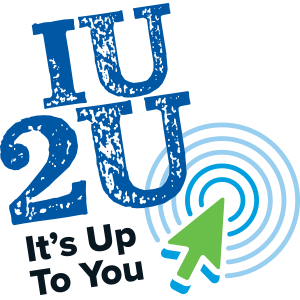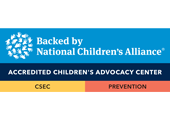Teens
Be Smart. Be Safe. Online.
Sexual exploitation of kids and teens happens on the Cape and Islands
Unfortunately, the internet is filled with people pretending to be someone who cares, offering you gifts or attention to gain your trust.
They will then use that trust to take advantage of you by asking and pressuring you for sexual conversations, images, or videos.
They may also push to meet you In Real Life and use that relationship and trust to take advantage of you sexually.
This exploitation can very quickly turn into Commercial Sexual Exploitation of Children (CSEC) which is considered human trafficking. This happens when anyone under 18 is offered or does engage in sexual conduct with another person for a fee or in exchange for food, shelter, clothing, education, or something of value to them. Nude or sexual photos of someone under 18 is also considered a form of trafficking.
It’s Up to You to Protect Yourself from Online Sexual Exploitation.

Remember that the safety decisions you make in real life also apply to your online life. There will be times you have to make decisions without your parents around. Sometimes, you make decisions you feel comfortable about in the moment, but later you’re not. Talking with your parents or a trusted adult can be difficult, but it’s necessary. It’s Up to You to make safe decisions and to ask for help if you make a mistake.
- Talk with the adults in your life about your online world. This is where you spend a lot of time. Even if it may not seem like it, they really do want to know about what’s going on.
- Be open and talk about situations that are fun and exciting, as well as ones that seem confusing, scary, and difficult.
- Follow the online rules that your family has set. You may not agree with them all, and some may seem stupid. However, they are for your safety as well as your family.
- If someone you didn’t know approached you while you were at a restaurant and asked you for your personal information, asked for a nude photo, or talked to you in a sexual manner, you probably wouldn’t give them what they wanted. You probably would tell them to go away and ask for help. This is the same thing that needs to happen online. You don’t really know who someone is online unless you know them in the real world.
- Remember that anything and everything you do online is permanent. It will never go away. Even if an app says it disappears, or is “private”, it really isn’t. Anything you put online can be saved, copied, stored, and shared forever.
- Talk with adults in your life about anything that makes you feel unsafe and uncomfortable. And, if you think someone you know may be in danger, or has had something happen to them online, tell a trusted adult.







